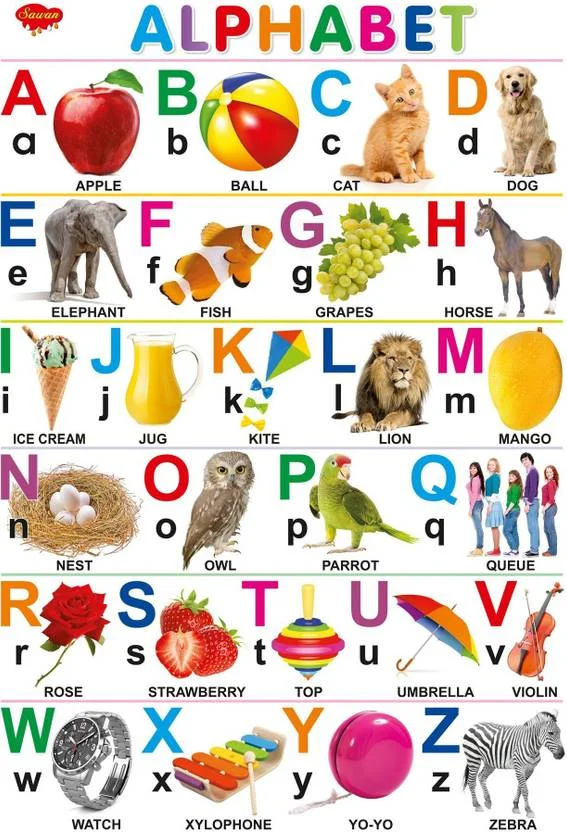Alphabet's European Headache: Is the Stock Overreacting?
Alright, let's talk about Alphabet (GOOGL). The stock's taking a hit today, down about 2% as I write this, because the European Commission is sniffing around again. Apparently, they're launching a formal inquiry into Google's "site reputation abuse policy" under the Digital Markets Act. The claim? That Google's policy unfairly penalizes news outlets and other sites when they run content from commercial partners.
The EU vs. Google: A Familiar Story
The EC's concern, in essence, is that Google is stifling legitimate business practices. Google, of course, argues it's just trying to prevent manipulation of search rankings. It's a classic regulatory standoff, and frankly, not exactly breaking news. What is notable is the potential price tag. The EC is threatening fines of up to 10% of Alphabet's total worldwide turnover – and up to 20% for repeated offenses.
Now, let's put that in perspective. Alphabet's turnover last year was $385.5 billion. Ten percent of that is $38.55 billion, not $77.1 billion as the source claims, which would be closer to 20%. (A minor discrepancy, but details matter). So, we're talking about a potential fine in the tens of billions.
That's a big number, no doubt. But is it a reason to panic-sell Alphabet stock? I'm not convinced. As the article " Why Alphabet Stock Is Sinking Today" points out, regulatory concerns are contributing to the stock's decline.
First off, the EC investigation could take up to a year. That's a year for Google to negotiate, lobby, and potentially alter its policies. Second, even if the EC rules against Google, the company could simply tweak its policies to comply. It's not like they're going to shut down Google Search in Europe. The worst-case scenario is probably a hefty fine and some operational adjustments.

Valuation in the Age of Scrutiny
The real issue here isn't the immediate financial hit, but the continued regulatory pressure on Alphabet in Europe. As the article from Simply Wall St points out, Alphabet's shares have been on a tear lately, up 9% in the past month and 37% in the last three. The one-year total shareholder return is a solid 58%.
But that growth is happening under the shadow of constant scrutiny. Europe views Google as a near-monopolist, and that means every move is going to be examined under a microscope. This isn't new. Google has been battling antitrust issues in Europe for years. But it's a persistent headwind that investors need to factor into their long-term valuation.
And this is the part that I find genuinely puzzling. The market seems to be pricing Alphabet as if regulatory risk is a minor inconvenience, not a fundamental part of the business model. The Simply Wall St piece highlights a narrative that Alphabet is "undervalued," with a fair value of $340 per share. That's based on factors like AI monetization, cloud growth, and share buybacks.
But that valuation doesn't seem to fully account for the "Europe Problem." How do you quantify the risk of ongoing regulatory battles? How much does it discount future earnings when a significant portion of your revenue is constantly under threat of fines and restrictions? These are the questions I think investors should be asking.
The current stock price, hovering around $276, might seem like a bargain compared to the $340 fair value target. But that target relies on a set of bullish assumptions that may not hold true in the face of continued regulatory pressure.
Is "Undervalued" Just Wishful Thinking?
The market's enthusiasm for Alphabet is understandable. The company is a cash-generating machine with a dominant position in search, advertising, and now, AI. But let's not pretend that the European regulatory environment is a minor detail. It's a significant risk factor that needs to be priced in. Whether the current dip is an overreaction is almost beside the point. The real question is whether the previous run-up adequately reflected the cost of doing business in a world where regulators are increasingly willing to challenge Big Tech's dominance. I suspect it didn't.
